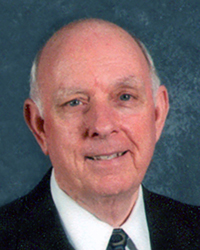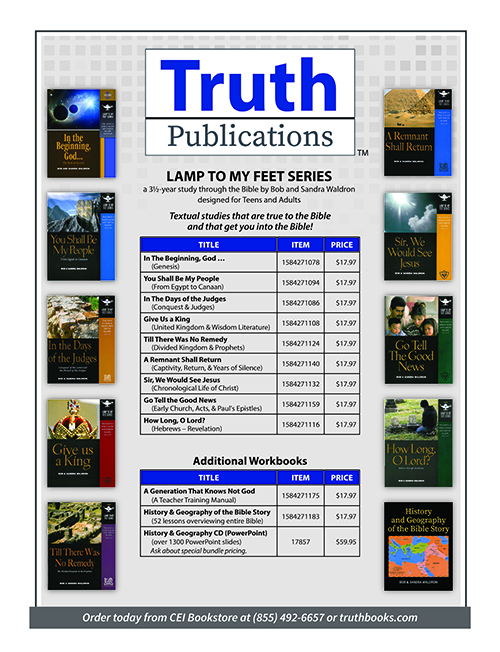

by Bobby L. Graham
If a person from a distant town decides he wants to place membership with a local congregation, how far do you go in checking out this person? If you know that the person has been withdrawn from in a different congregation, but don't know the reason why, do you go to the other congregation's men and speak with them? Mind you, neither of the congregations has elders, so it is just the men who will make decisions.
We need to understand that each local church has the right to examine those seeking to be part of that church; such is within the self-government of the congregation and the supervision of its local overseers, whose task it is to see that what is done is done properly (Acts 20:28; 1 Pet. 5:1-4). In the absence of elders (overseers), the right of congregational self-government does not change, though it does alter the exact means employed to tend to such matters, especially the efficiency and effectiveness of the process.
Not only is it wise for each local group to examine those applying for partnership (fellowship), but it is mandatory for maintaining a scriptural arrangement in the local church. This is what Jerusalem did when the newly converted Saul desired to be part of them, only to be rejected and later accepted when Barnabas interceded for him (Acts 9:26-28). It is regrettable that a Diotrophes often seeks control in such situations (3 John 9-11), hindering the church's work and progress. In that instance, Diotrophes abused the church's right to receive one recommended by John. Because the church can receive, it also can refuse to receive, based on its findings about a potential teacher or member.
When the congregation, whether led by elders or not, accepts or rejects one according to New Testament principles, it does what the Lord approves. When the congregation does not accept or refuse according to God's will, it displeases the Lord (Rev. 2:15, 20; 3 John 9-10). Yes, the congregation should examine such a person as a means of controlling potential problem situations that might develop. It also should determine whether and when individuals should be excluded for the same reason.
Author Bio: Bobby L. Graham preaches and is an elder for the Old Moulton Rd. church of Christ. He and his wife, Karen, have three children: Richard, Mary Katherine Winland (Darren), and Laura Paschall (Jeremy). He can be reached at bobbylgraham@pclnet.net.

